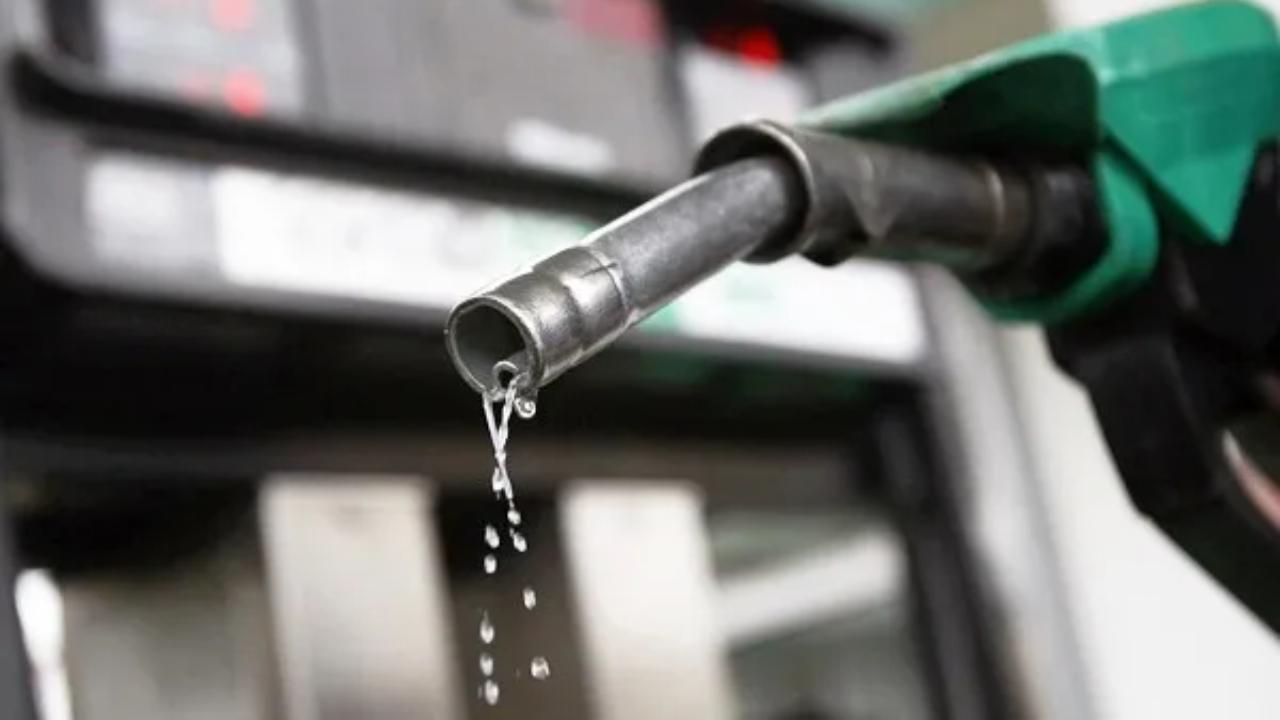Fuel Queues Persist In Major Cities …C0NTINUE READING HERE >>>
Nigerians continue to struggle with fuel shortages as long queues form at filling stations across major cities, despite assurances from the Nigerian National Petroleum Company (NNPC) that it has sufficient fuel stock to meet demand.
The fuel crisis has led to a spike in transportation costs, with fares in cities like Lagos, Abuja, Port Harcourt Enugu, and northern cities.
Pockets of queues emerged at petrol stations within Lagos and Ogun State metropolis yesterday, as vehicle owners had to queue for several minutes and in some places, hours to get fuel.
While most NNPC retail outlets have the longest queues, some major oil marketers also have longer lines of vehicles wanting to buy fuel, even as independent marketers were selling between N700 and N900 in Lagos and Ogun State yesterday.
Insider sources linked the resurgence of scarcity in filling stations to supply glitches that have remained unabated in recent weeks.
This is despite assurances that NNPC had admitted some hitches in the distribution structure and was making efforts to rectify it.
Earlier, the vice president of the Independent Petroleum Marketers Association of Nigeria (IPMAN), Ahmed Fashola, in his assessment of the situation while speaking with our Correspondent said, the distribution of petrol may witness more hiccups following withdrawal of services by tanker drivers due to security challenges posed by the protest and may take a little while to fully activate full distribution across the country.
Fashola said, it is normal to witness resurgence of queues once there is a cessation of lifting and sudden upsurge in demand.
At the earlier stage of the crisis, the NNPC in a statement signed by its chief corporate communications Officer (CCCO), Olufemi Soneye, said “The NNPC Ltd wishes to state that the tightness in fuel supply and distribution witnessed in some parts of Lagos and the FCT is as a result of a hitch in the discharge operations of a couple of vessels.
Fashola said accessing products by independent marketers is a big challenge because they are currently on zero allocation from NNPC.
Fashola said it is becoming expensive to access products from third party marketers due to the hike in ex-depot prices.
According to him, a 33,000 litre tanker purchase requires about N25 million form from a third party facility.
On the other hand, “if they access directly from the NNPC, 45,000 litres will cost about the same amount and so the difference is huge and not commercially viable.
“Most of our members have shut down because they cannot afford the cost and another factor is that the NNPC portal is experiencing hitches and not always readily available to make purchases and payment” he explained.
However, some key industry players and analysts who spoke to LEADERSHIP on the issue expressed the opinion that Nigeria is not likely to exit the current glitch in supply and distribution of Premium Motor Spirit (PMS) also called petrol, following unaddressed critical fiscal policies that is further compounded by dearth of infrastructure.
The capping of pump price of petrol by the government has further fueled suspicion of sincerity of the widely announced subsidy removal by president Bola Tinubu in May last year.
Industry players and analysts believe that subsidy payment is still being borne by the federal government.
Experts in the petroleum industry sector have also cautioned that expected downward pricing of refined products from Dangote refinery may not be feasible as cost of crude whether supplied locally and in local currency would be priced in relation to international benchmark.
Henry Adigun, said as at July 31, 2024 landing cost of petrol is N1,100 per litre aside from associated costs of trucking the product to dispensing outlets.
Adigun said, Nigerians should not expect a low priced product from Dangote refinery given that the quality of products from the facility is of high premium and also the crude pricing supply to the refinery is not lower than what it is sold in the international market.
According to him, the NNPC is not going to sell crude below cost of production and since crude is an international product Nigeria must be guided by international best practices.
He also warned about ongoing subsidy on petrol which has made the market uncompetitive, which he also said would continue to create disruptive supply arrangements.
Adigun called for a substantial review of fiscal policies that will entrench competition and a strong regulatory environment.
Another industry expert, Taiwo A. Ogunleye, said petroleum has remained an important part of both the world’s energy mix and the global economy and keystone of our modern energy system helping to drive the global economy.
Also, the general secretary of Petroleum Dealers Association of Nigeria (PEDAN), Ibrahim Yahaya, confirmed to our Correspondent that there is petrol availability but reaching the depots has been the problem.
Yahaya said, the NNPC is making frantic efforts to normalise the situation.
On his part, the executive secretary of the Major Energy Marketers Association of Nigeria (MEMAN) Clement Isong, expressed concerns about the scarcity report.
He told our Correspondent he was not aware of any scarcity but there could be some sort of supply hitches.
In his reaction to the situation, President of the Petroleum Products Retail Outlets Owners Association of Nigeria (PETROAN) Billy Gillis-Harry, attributed the issue to subsidy removal which is very costly to the NNPCL to manage.
Gillis-Harry, also said the cost of hiring marine vessels by marketers to evacuate products from big vessels on the high sea is expensive as they charge in dollars.
At the same time he said apart from high exchange rate scarcity of forex is equally compounding the situation.
>
